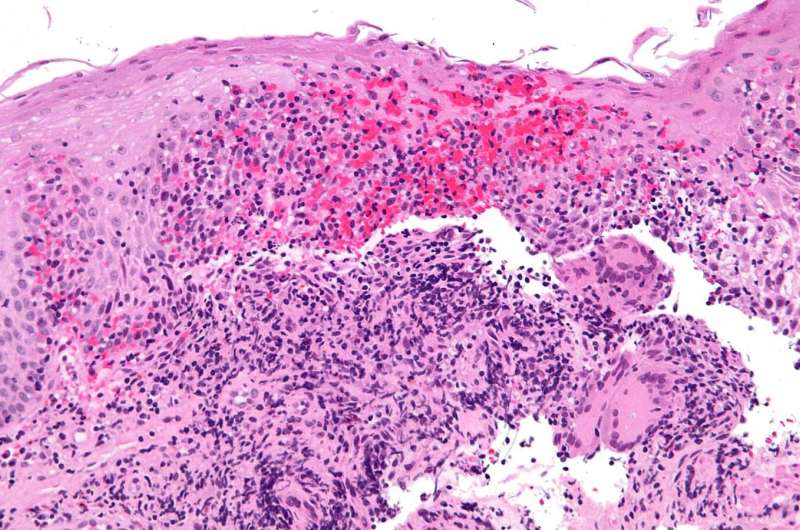Innovative Brain Tumor Gene Expression Database Accelerates Treatment Discovery

A groundbreaking genomic atlas of nervous system tumors offers new insights into tumor classification and potential targeted therapies, accelerating research and treatment development for brain and nerve cancers.
Researchers at the University of Louisville have developed the world's most extensive publicly accessible database of brain, spinal cord, and nerve tumor gene expression profiles. The project, led by neurosurgeon and scientist Akshitkumar Mistry, resulted in the creation of the Atlas of Nervous System Tumors—a comprehensive dataset comprising over 7,000 tumor samples collected globally. This atlas integrates gene activity data with detailed clinical information such as patient age, tumor location, and survival outcomes.
This pioneering resource aims to enhance understanding of the complex biology of nervous system tumors, many of which are rare and poorly understood. By applying advanced machine learning techniques to analyze tumor genomics, the atlas allows researchers to classify tumors more precisely and identify potential therapeutic targets based on genetic behavior, going beyond traditional histology and DNA mutation analysis.
The atlas includes data on rare tumor types like pheochromocytoma and paraganglioma, revealing specific gene expression patterns such as high levels of GHR and SST. This insight highlights existing drugs that target these genes, providing new possibilities for repurposing treatments in clinical trials. Such detailed gene activity profiles could enable personalized therapy options for patients.
Supported by the Kentucky Pediatric Cancer Research Trust Fund and the Kentucky Department for Public Health, the project offers a valuable framework for advancing targeted therapies and improving diagnostic accuracy in neuro-oncology. The methodology used can also be applied to other rare diseases, promoting greater sharing and reuse of genomic data.
This latest development complements existing technologies like the FDA-approved Illumina TruSight Oncology assay, which detects genetic mutations in tumors. Mistry emphasizes that analyzing tumor RNA activity adds a new dimension to understanding tumor behavior, potentially guiding more effective treatment strategies. Overall, the atlas represents a significant step toward precision medicine for neurological cancers, fostering hope for more effective therapies in the future.
Stay Updated with Mia's Feed
Get the latest health & wellness insights delivered straight to your inbox.
Related Articles
Advancing Monitoring and Intervention Strategies for Commercial Determinants of Health
Exploring how regulations and transparency in corporate practices can improve public health by reducing harmful influences, promoting better policy and corporate accountability.
Discovery of Biological Markers in Mild Crohn's Disease Patients Offers Hope for Personalized Treatments
Researchers at Mount Sinai have identified unique biological signatures in patients with mild Crohn's disease, opening new avenues for personalized treatment strategies and improved disease management.
Innovative Skin Substitutes Offer New Hope for Severe Burn Treatment
Emerging skin substitute technologies offer new hope for treating severe burns by enhancing healing and preventing infection, potentially transforming patient recovery and outcomes.
FDA Approves First Medication for Chronic Lung Disease Bronchiectasis
The FDA has approved Brinsupri, the first medication specifically targeting non-cystic fibrosis bronchiectasis, offering new hope for patients with this chronic lung condition.



